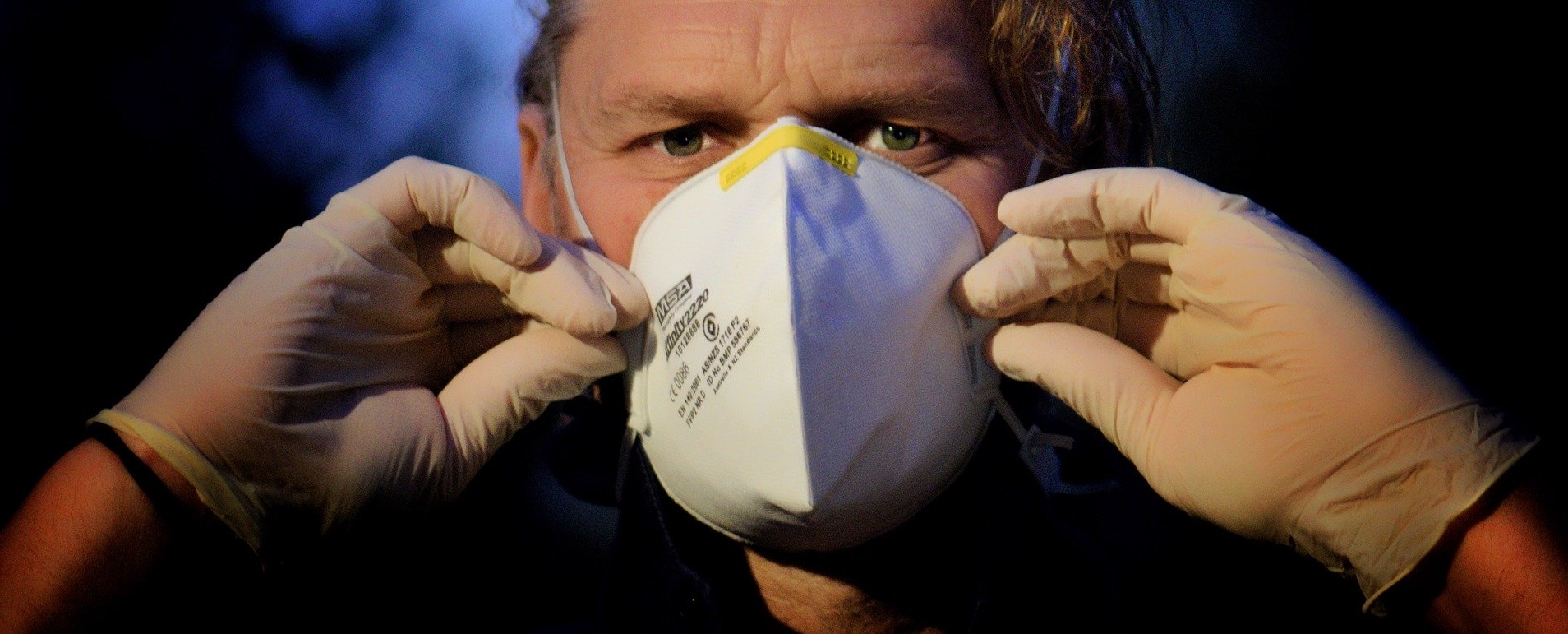The fight against the coronavirus is not only a problem for the government. This is also a problem for company managers. A few days ago, there was news in the media that the carriers and drivers of Walmart and Amazon in the United States had received no instructions for prevention related to COVID-19. Meanwhile, the Chief Sanitary Inspectorate indicates that really little is enough to improve safety at work.
Drivers working for Walmart and Amazon argue that their employer did not provide them with advice on coronavirus protection, Business Insider reported.
These reports were not commented on by Amazon, at least until the publication. Afterwards, it sent emails to cooperating carriers suggesting that employees who feel sick should stay at home for at least 24 hours and check if they have a fever. In addition, they are to wash their hands frequently and regularly disinfect steering wheels and other frequently touched parts of the vehicle, says the business portal.
Sounds trivial? Experts are convinced that the simplest solutions are the best. As we have heard from the spokesperson of the Chief Sanitary Inspectorate, carriers who want to minimise the risk of drivers getting sick should supply them in the following:
1. Sanitary masks
The Chief Sanitary Inspectorate reminds that it is not a protective measure recommended for everyday use by healthy people and that it should not be worn continuously. The maximum time of use is several hours, and only if the driver is in a high-risk environment. So, in a multi-person room in a hostel, in a warehouse, in a parking lot or in a rest area at the unloading and only when he sees someone coughing in close proximity.
It should also be remembered that the masks are disposable, so after each use, you have to dispose of them – throw them into a closed waste bin, or even burn them. Remove the mask carefully – without touching the front part. And every time you take it off, wash your hands thoroughly.
Masks should be treated as a precautionary measure ‘just in case’, i.e. similar to the first-aid kit. As the spokesman advises, it is enough for the driver to have several of them in his vehicle, in case he stops in more than one warehouse and sees people coughing in each of them.
An employer who buys masks for workers must remember that “respiratory protective equipment should be CE marked, which confirms that it has been properly designed and constructed, made of the correct materials”.
2. Disinfectant
It turns out that today the disinfectant is almost a scarce commodity, which can be inferred from the photographs of empty shelves in drugstores and departments with household chemistry and cosmetics. The Chief Sanitary Inspectorate advises the driver to carry a bottle of such liquid. It can even be homemade, on the basis of alcohol, e.g. spirit. However, it must be remembered that the concentration of alcohol in the liquid should be about 70%. Lower and higher concentrations will not allow effective virus removal.
As the institution’s spokesman described, the virus has an external, fatty layer. Too high a concentration of alcohol can coagulate it and protect the virus.
Items in the vehicle can also be disinfected, but only if they are touched by other people (e.g. a second driver). As the Chief Sanitary Inspectorate stresses, there is no need to disinfect e.g. the steering wheel or handles if the truck is driven by one person. Of course, you can do it “just in case”.
3. Dry paper towels
An indispensable thing to wipe hands with after washing, and an alternative to e.g. reusable towels or electric dryers, which are not safe because they are used by many different people.









